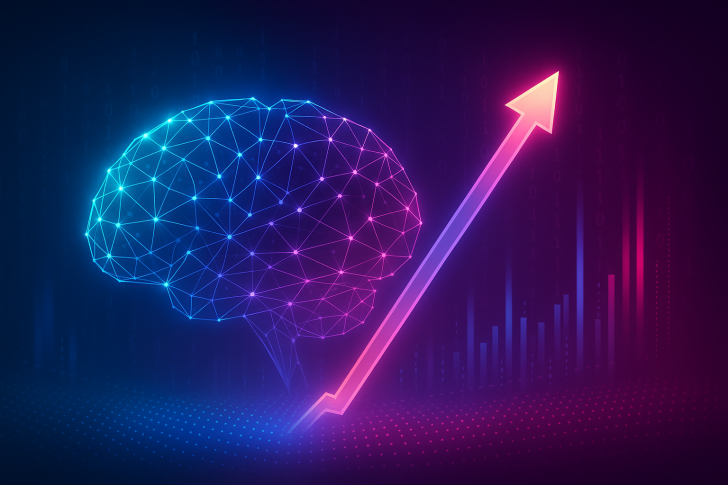● OpenAI CEO Sam Altman recently sparked debate about how quickly artificial intelligence might transform scientific research and workplace productivity. In a recent tweet, Sam Altman shared new thoughts on AI's trajectory and outlined his latest predictions in a detailed blog post.
● According to Altman, AI will start making small scientific discoveries as early as 2026, with major breakthroughs expected from 2028 onward. This represents one of the most specific public timelines yet for when AI might begin generating genuine scientific insights on its own. It's an aggressive forecast that suggests transformational capabilities could arrive much sooner than many anticipate.
● The predictions don't stop there. Altman expects AI to soon handle tasks that currently eat up days or weeks of human time. If that happens, we're looking at a fundamental restructuring of how research labs, engineering teams, and businesses operate. Workflow cycles could collapse, organizational hierarchies might flatten, and competitive advantages could shift overnight.
● But there's a complicating factor. As this AI progress forecast gains traction, policymakers are wrestling with how to regulate and tax an AI-driven economy. Some proposals under discussion include levies on compute-intensive systems or additional taxes on AI-enabled productivity gains. While well-intentioned, overly aggressive taxation could backfire—potentially bankrupting smaller AI labs that can't absorb compliance costs or driving top talent overseas to friendlier regulatory environments. With Altman's timeline suggesting rapid acceleration, getting regulatory balance right becomes critical for maintaining competitive national AI ecosystems.
 Peter Smith
Peter Smith

 Peter Smith
Peter Smith


